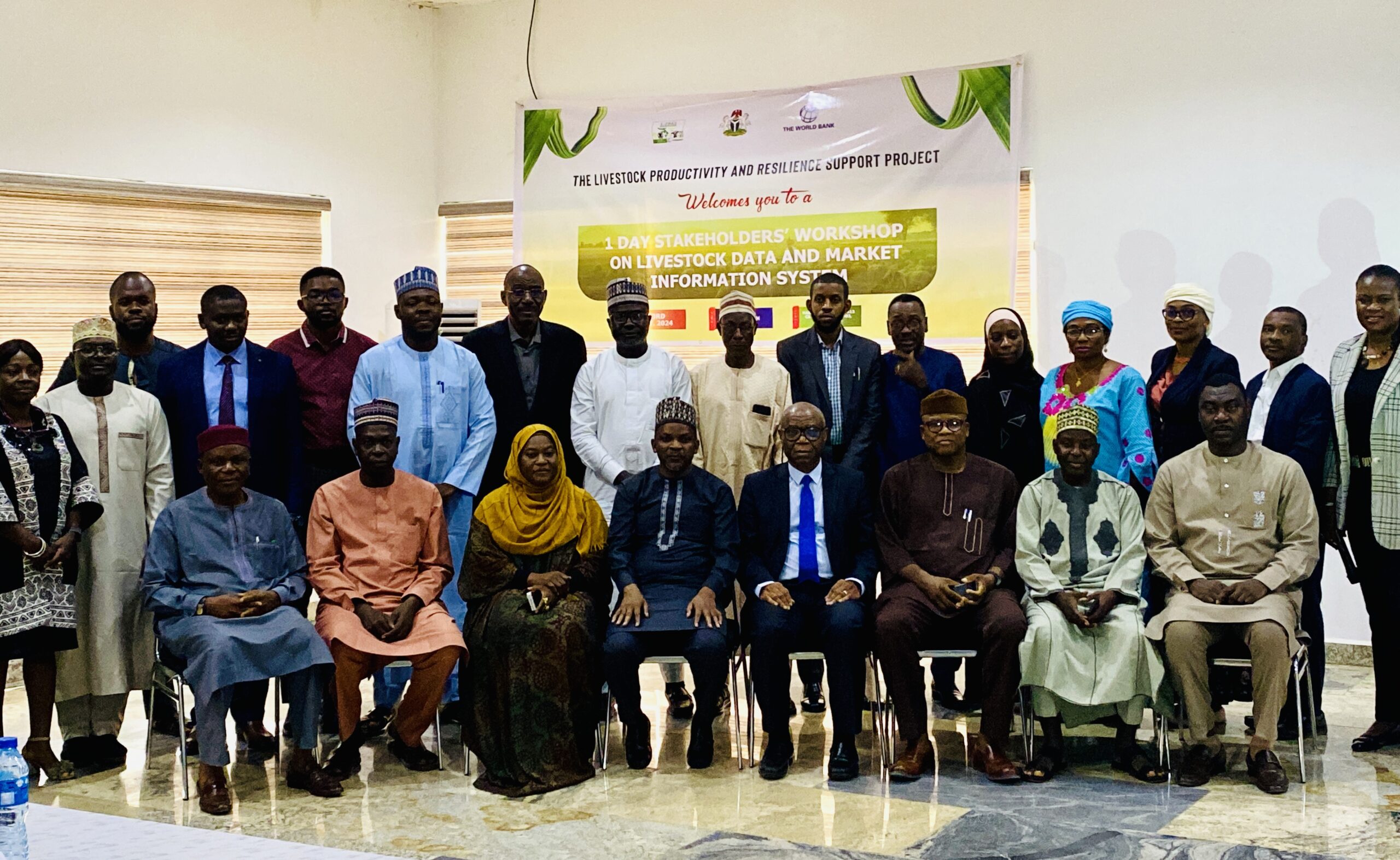L-PRES moves to strengthen animal genetic resources
By Tosin Kolade
Nigeria, through the Livestock Productivity and Resilience Support Project (L-PRES), is advancing efforts to harness animal genetic resources for sustainable agriculture, food security, and economic development.
The initiative aims to promote the conservation, sustainable use, and development of indigenous genetic resources to enhance livestock productivity and resilience.
Mr Sanusi Abubakar, National Project Coordinator of L-PRES, said this at the stakeholder meeting on the Development of the National Strategy and Action Plan on Animal Genetic Resources (AnGR) on Monday.
He noted the importance of the plan, which aligned with the Global Plan of Action on Animal Genetic Resources developed by the Food and Agriculture Organisation (FAO).
“The global framework, adopted by FAO member countries, promotes the sustainable and rational management of AnGR to improve productivity and foster international collaboration.
“The effective management, conservation, and utilisation of our nation’s animal genetic resources are crucial to enhancing productivity and resilience in Nigeria’s livestock sector”.
 Abubakar announced that L-PRES has begun groundwork for establishing a national gene bank to preserve the genetic material of indigenous animal breeds.
Abubakar announced that L-PRES has begun groundwork for establishing a national gene bank to preserve the genetic material of indigenous animal breeds.
This initiative, he said, was expected to enhance biodiversity and safeguard valuable traits in local livestock.
He also noted that Nigeria’s commitment to AnGR management was reinforced through its active participation in the recent Global National Coordinators Workshop in Rome.
He stated that the validated document would guide the sustainable management of Nigeria’s animal genetic resources, reduce reliance on imports, and boost the livestock sector’s economic impact.
Earlier, Dr Popoola Mustafa, Project Team Lead, emphasised Nigeria’s commitment to strengthening and securing its animal genetic resources, with the aim of ensuring sustainable livestock production and resilience.
“This initiative aligns with the Global Plan of Action on Animal Genetic Resources (AnGR), which Nigeria signed in 2007 but has not fully implemented.
“The objective is to address the underperformance of the livestock sector, which has the potential to contribute N33 trillion to the economy”.
Popoola identified poor animal identification, genetic diversion from mixing local and foreign breeds, and the uncoordinated management of free-roaming animals as key limitations to the sector.
 He proposed solutions such as proper characterisation and cataloguing of local genetic resources, creating breeding programmes for specific outputs like meat or milk, and focusing on the sustainable use and conservation of genetic resources.
He proposed solutions such as proper characterisation and cataloguing of local genetic resources, creating breeding programmes for specific outputs like meat or milk, and focusing on the sustainable use and conservation of genetic resources.
Popoola also recommended targeted government interventions and institutional support, including guidelines for the newly established Ministry of Livestock Development and support from the World Bank.
“The strategy not only focuses on cattle but aims to optimise genetic resources across various species, positioning Nigeria as a leader in animal genetics.
“This initiative aligns with President Bola Tinubu’s vision for a thriving livestock economy.”
Dr Anthony Okere, Director of the National Centre for Genetic Resources and Biotechnology (NACGRAB), stated that the organisation oversees both animal and plant genetic resources.
He highlighted NACGRAB’s role in cataloguing local breeds and developing ‘Made in Nigeria’ poultry breeds.
“NACGRAB serves as the Secretariat for the National Variety Release Committee, overseeing the registration, release, and cataloguing of new animal breeds.
“We also maintain Nigeria’s national crop catalogue and are expanding our catalogue of animal breeds,” Okere explained.
He expressed optimism that the meeting would generate innovative ideas and actionable recommendations to guide the Ministry’s work, ensuring the sustainable utilisation of animal genetic resources.
Okere also emphasised the broader national goal of strengthening Nigeria’s livestock sector, reducing reliance on foreign genetic material, and enhancing the country’s capacity for genetic research and innovation. (NAN) (www.nannews.ng)
Edited by Abiemwense Moru





